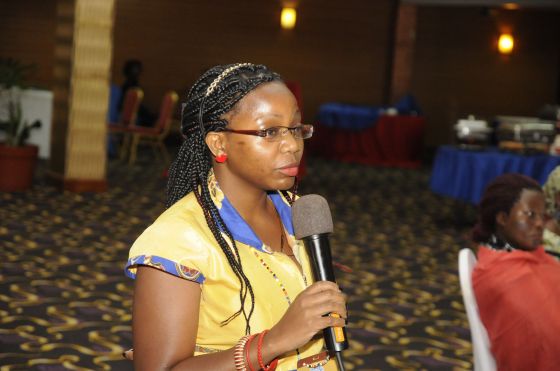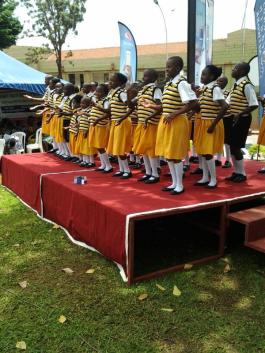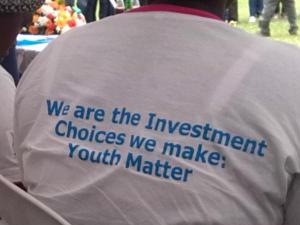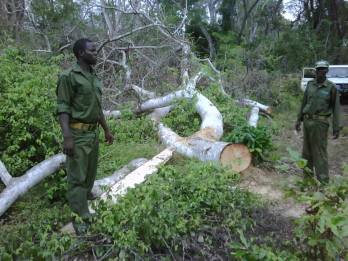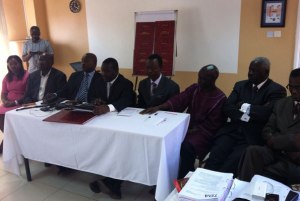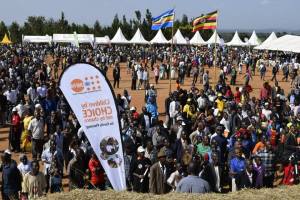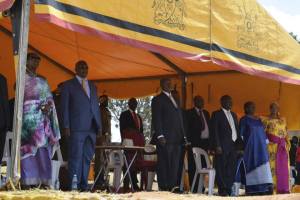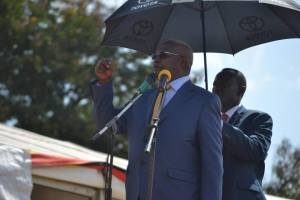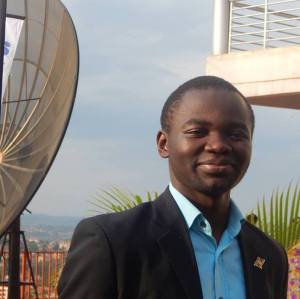I write to add my voice to other Ugandans who expressed disappointment with members of the 9th Parliament who on Thursday 14th April 2016 shocked many when they amended the Income tax (Amendments) Bill, 2016, to exempt their benefits and allowances from being taxed.
This move comes at a times when the country is grappling with threatening socio-economic and political challenges. As I pen this to paper, young people are pushing for five key demands highlighted in the National Youth Manifesto including Jobs, Health Care for all, education for opportunities, sports and performing arts, as well as youth participation in decision making. Rather than adding their voices to ours increasing budget allocations to create job opportunities for youth in the country, these honorable MPs went ahead to misuse their legislative powers to exempt themselves from being taxed which is really sad.
Last Saturday, Ugandans from all walks of life gathered at a city Restaurant in Kampala in a bid to raise money for a young lady Caroline Atuhairwe 29, who apparently is battling throat and lung cancer. Caroline cannot speak and eats through a tube a condition that has attracted a pull of sympathizers who ran to her rescue. Caroline and her family have been looking for a whopping $80000 approximately UGX 250 million, to take her to a hospital in the United States for surgery and specialized cancer treatment hoping to save her life.
It is a total shame that our MPs would make such a move at a time when young Ugandans like Caroline and others are fighting for their lives because they cannot be treated at Mulago hospital also due to break down of the only cancer machine in the country.
MPs should understand that if the president assents to this bill, the country is likely to lose about 49.2Billion additional revenue annually (close to 9 Million per MP per month). If this money was generated, it can help government to address some of the most critical and very pressing national issues including increasing job opportunities for the youth who are largely unemployed. If mobilized, the money MPs are seeking to be exempted from could be channeled to Youth Livelihood Program.
If this programme is boosted with an additional investment of 49.2 Billion, the program will able to create more 240000 jobs just like it did in its first year of operation.
Similarly under the Student Loan Scheme being piloted currently, with just an investment of 10Billion, 1000 students have been able to access higher education. With 49.2 Billion if inoculated into the program, the number of student beneficiaries will go up to over 4000
Furthermore through the newly proposed National Youth Service Program with just an investment of 49.2Billion if injected into the Program, over 2500 youth will be able to acquire on job experience and training required to compete favorably in the job market with each taking an allowance of about 1 Million for 6 months period.
In light of the above MPs hence need to be reminded that majority of citizens in Uganda who are tax payers are young people and are already over stretched with the unemployment burden. A move to channel their untaxed emoluments into solving youth unemployment in the country will turn them heroes in the eyes of the largest voting population in the country, the youth. Thus, let the MPs rethink this move for the sake of our young people and focus their energies on generating solutions that will see the youth employed. However, the move to exempt themselves from paying taxes will only worsen the social classes in the country that is exacerbated by youth unemployment in the country.

